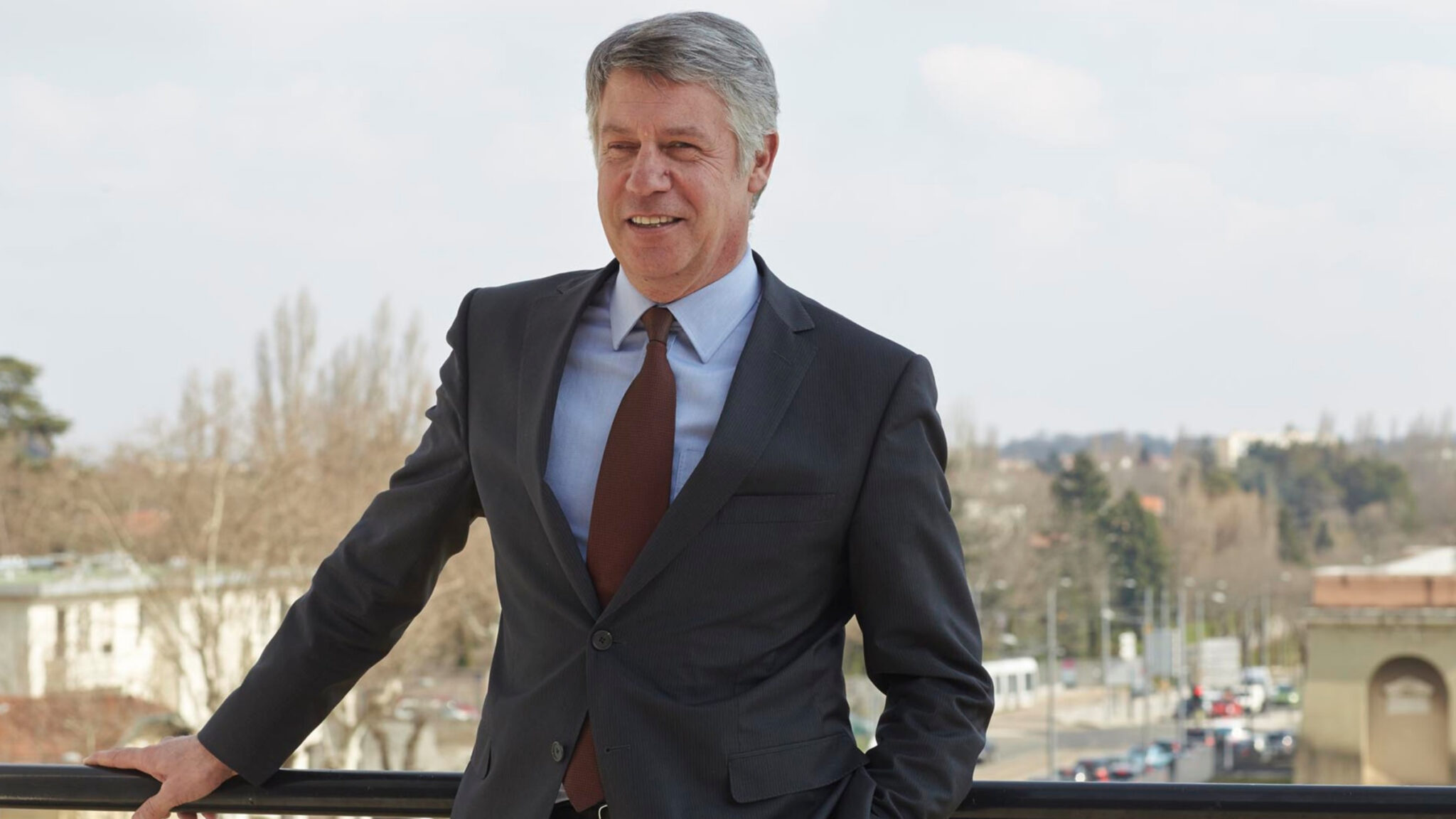
Gil Beyen, Erytech Pharma CEO
French penny stock will no longer knock on FDA door for approval in a certain type of blood cancer
Things are not looking up for the French biotech Erytech Pharma.
The company is knocking off its plan to get FDA approval for its drug …
Sign up to read this article for free.
Get free access to a limited number of articles, plus choose newsletters to get straight to your inbox.